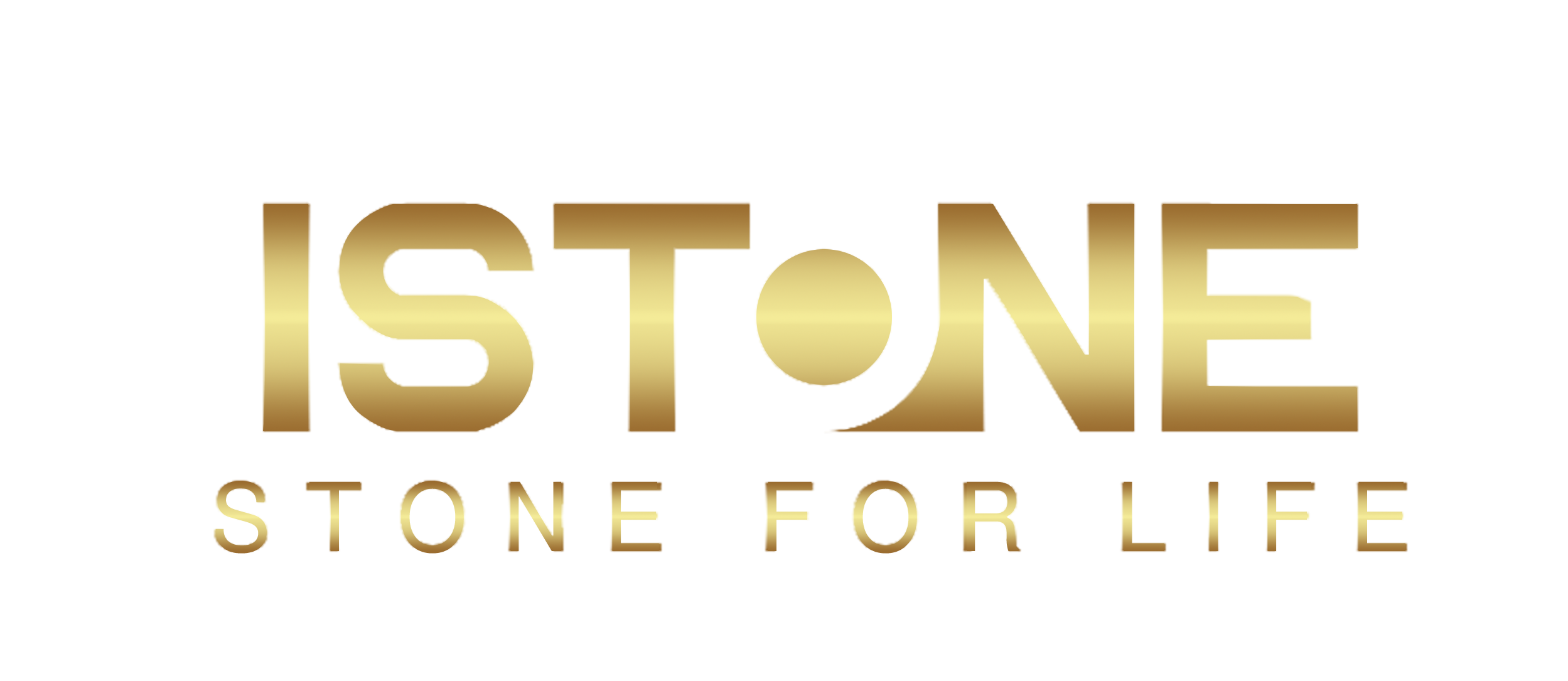

When you're looking for a great-looking, good-performing, heat-resistant kitchen countertop material, you may find yourself torn between two choices: solid surface and quartz countertops. BONA helps you dig deeper and explore the gap between solid surface and quartz countertops.
Solid surface countertops are made from mineral dust (mainly marble) mixed with various plastic resins and pigments. The main attraction of solid surface is its ease of fabrication and ability to create invisible seams.
Solid surface is a decisive improvement over laminate countertops because it is homogeneous: what you see at the top of the countertop goes all the way down. In contrast, laminate is layered. If there is a problem with the laminate at the top, the entire countertop will have a problem.
Quartz countertops are a new entry into the kitchen countertop world compared to solid surface materials. Composed of 93% natural quartz and 7% resin and other trace elements, manufactured quartz stone boasts excellent performance.
Both solid surface and quartz are vying for the middle ground in kitchen countertops: a certain artificiality and a certain naturalness at the same time. Neither is as high quality as natural stone, but both are considered higher-end countertop products than laminate, wood and tile.
Here are some considerations to help you choose between the two
Cutting on solid surface countertops is not recommended. It is guaranteed that if you cut on a solid surface material, scratches will appear. While it is recommended that you do not cut on quartz faux quartz surfaces, they are actually very difficult to scratch in normal use. Quartz countertops tend to be more scratch resistant than solid surface materials.
For solid surface materials, you can use ordinary chainsaws and slotting machines to cut the material, and joint kits for splices are not difficult to use. Quartz, on the other hand, requires special tools that most DIYers don't have. Even if you can get your hands on plates, it's hard to use them.
The cost of a solid countertop and a quartz countertop is almost the same. This price difference depends on the style and color of the material chosen. Prices are difficult to compare because it can be difficult to source raw materials individually. Most suppliers only sell to licensed manufacturers or contractors.
If you want to cash in on the end of your solid surface countertop warranty, then you may want to keep scorching hot items, such as frying pans, away from Corian. Quartz countertops have higher heat resistance than solid surface materials. Theoretically, if the temperature is high enough, a quartz countertop could catch fire. However, it is almost impossible to reach such temperatures in a kitchen environment.
Solid surface countertops have joints that are glued together so tightly that the joints are almost invisible to the naked eye. If you use quartz stone, the seams will be covered and not visible.
One of the realities of having a natural stone countertop is that it needs to be sealed. Porous stone needs to be sealed before the first use and periodically thereafter. Quartz countertops have a completely non-porous surface and therefore never need to be sealed. The amount of resin in man-made quartz ensures that it is not porous.
BONA Stone is a well-known brand of quartz stone. They are popular in apartment buildings, hotels and fine homes because of their durability, stain resistance and hardness. They can be found on walls, custom table tops, countertops and backsplashes, making quartz's applications in the interior design field endless. Send us a message to get samples! Our goal is to create a natural and comfortable lifestyle for you!